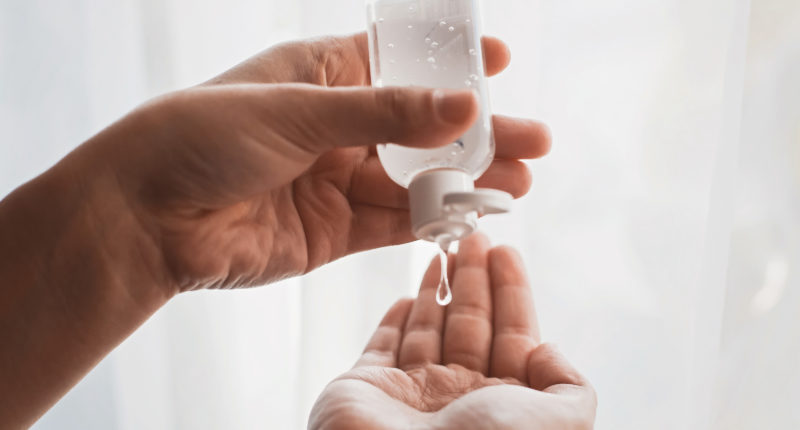The Goods and Services Tax (GST) intelligence wing will check tax evasions by the hand sanitiser manufacturers across India. The Directorate General of GST Intelligence (DGGI) has issued a letter to the principal chief commissioner and chief commissioner to check evasion of GST by manufacturers of alcohol-based hand sanitisers.
The DGGI explains that this is being done due to the misclassification of alcohol-based hand sanitisers under tariff heading 3004 (12% GST) instead of under heading 3808 (18% GST). The sugar mills and distilleries engaged in manufacturing or supplying classified sanitisers under heading 3404 instead of 3808. Hence, it is expected that it might have resulted in substantial evasion of GST.
Also, a list of 62 manufacturers/suppliers has been prepared by the DGGI headquarters after identifying manufacturers with the help of a few online shopping platforms like Amazon, Flipkart, Paytm, Snapdeal, etc.
The misclassification of hand sanitiser produced under various established brands is also being looked into by multiple zonal units of DGGI. The DGGI took note of a Central Economic Intelligence Bureau (CEIB) letter and the opinion of the World Customs Organisation (WCO) to issue the directions to concerned authorities.
Also Read: The Rise of the PPE Industry in India Amidst COVID-19 Havoc
Usually, the medicaments consisting of mixed or unmixed products for therapeutic or prophylactic uses put up in measured doses or forms or packings for retail sale are chargeable with 12% GST. The above includes Ayurvedic, Unani, homoeopathic Siddha, Bio-chemic systems medicaments, which are intended for retail sale.
Chapter 30 in HSN codes relates to pharmaceutical products and HSN 3004 pertain to ‘Medicaments’, which signal the supply of medicines for some disease. Categorising alcohol-based hand sanitisers by sugar mills and distilleries as a pharma product seems a little overstretch of imagination, whereby companies have created a colourable device to evade taxes systematically. Such actions of the taxpayers with malafide intentions will lead to tax with interest at 18% and penalty.
The CEIB letter stated that the misclassification of alcohol-based sanitisers is happening since the introduction of GST, i.e. July 2017. The estimated tax evasion is more than Rs 50 crore.
This misclassification of goods or services is commonly used as a tool for evading taxes. However, we are not sure whether the misclassification is by mistake or due to some interpretation issues of the law. Also, we have to see whether this misclassification and evasion of GST was done by all alcohol-based sanitiser manufacturers or only the manufacturers linked to sugar mills and distilleries.
For any clarifications/feedback on the topic, please contact the writer at dvsr.anjaneyulu@cleartax.in
DVSR Anjaneyulu known as AJ, is a Chartered Accountant by profession. Loves to listening to music & spending time with family and friends.





